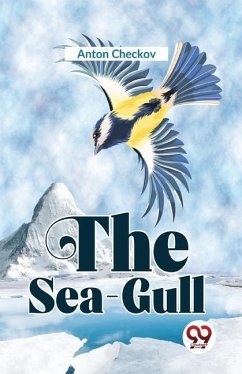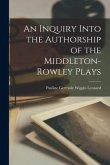"The Sea-Gull" is a play written by Anton Chekhov, one of the most influential writers of the modern era. The play was first performed in St. Petersburg, Russia in 1896, and it is a tragicomedy that explores themes of love, art, and the human condition. The play is set on a country estate owned by a wealthy landowner, Sorin, where his family and friends have gathered for the summer. The main characters are Konstantin, Sorin's nephew, an aspiring playwright, and Nina, a young actress who dreams of stardom. Konstantin is in love with Nina, but she is drawn to Trigorin, a famous writer who is visiting the estate. The play explores the complicated relationships between these characters, as well as their individual struggles with identity, love, and art. Konstantin is obsessed with creating a new form of theater that he believes will revolutionize the art form, but his attempts are met with ridicule and rejection. Nina, meanwhile, is torn between her love for Konstantin and her desire for Trigorin, and her dreams of stardom are threatened by the harsh realities of the entertainment industry.
Hinweis: Dieser Artikel kann nur an eine deutsche Lieferadresse ausgeliefert werden.
Hinweis: Dieser Artikel kann nur an eine deutsche Lieferadresse ausgeliefert werden.








